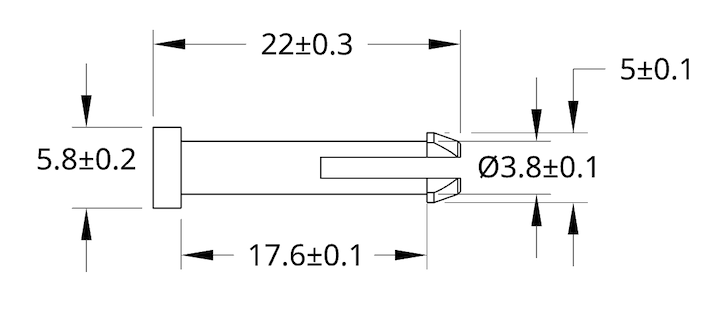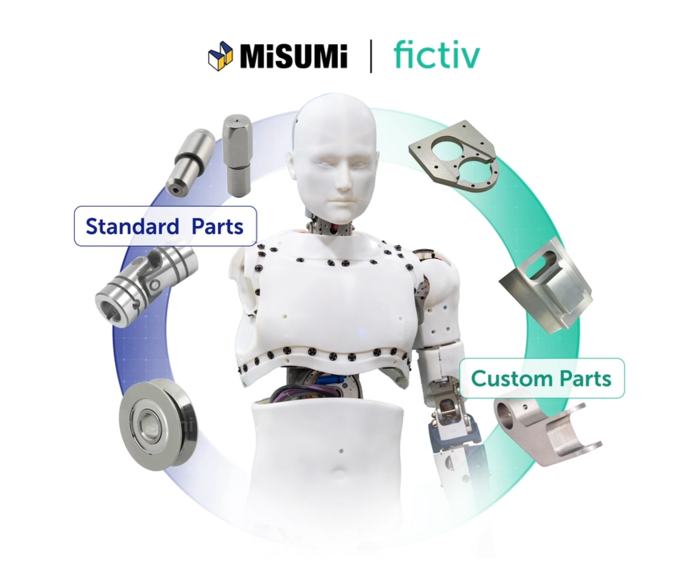Time to read: 3 min
In this week’s episode, we welcomed two vastly experienced supply chain experts. John Jacobson has held supply chain roles in enterprises and startups, including Cisco and Sonos. John, or JJ to his friends, was joined by Howell Wang connecting live from Shenzhen, China. Thanks for getting up so early, Howell; you’re a star! Howell Wang is CEO of Insight Solutions and has decades of supply chain experience, including Foxconn on the supply side, Jabra on the OEM side, and most recently, more than nine years of consulting experience.
Headlines from Our Introduction
- China is getting back to work, 80-90% in the south, and Wuhan back online very soon.
- Other regions are seeing factory closures now; India and Bangladesh, for example.
- Some factories in the U.S. have had to close temporarily. In the U.S., Ford, GM, Fiat Chrysler, Nissan, Hyundai, Volvo, Subaru, and Honda have all shut down a substantial portion of their factory capacity.
- The manufacturing industry is doing its best to help, and there are numerous examples of companies with agile manufacturing solutions, like those in the EMS sector, who have switched production or are prioritizing healthcare clients.
- People are getting creative: LV are making wipes, and distillers are using the equipment normally deployed to make gin to manufacture hand sanitizer.
- 3D printing companies have stepped up and are producing essential parts to accelerate production while the supply chain has been interrupted.
- Ford is partnering with 3M and GE Healthcare to produce health equipment.
- China’s factories are working 24/7 to build ventilators for Milan and New York.
- Trade associations like the IPC are working with government to connect suppliers with capacity to healthcare-related demand.
From the Guests
John Jacobson provided detailed insight into his supply chain experience and how supply chains vary from smaller companies and startups to those enterprises that have global support. This underlined the importance of designing the right supply chain for any given product and company. JJ also talked at length about how supply chains need to develop as a product ramps up volume.
When asked what he’d do differently at Boosted, JJ explained that he’d have gone for a more diversified footprint, particularly given the disruption caused by tariffs in 2019. They needed a lot of help at the time to get manufacturing ramped outside China. John explained how much harder it can be for smaller companies and how important good partners become in that kind of situation.
When Howell Wang joined the panel, he provided a detailed update on the state of play in China, explaining that most everything in China’s manufacturing arena had restarted. Last week, electricity and water usage were back to where they were last year, indicating that industrial activity is back to some kind of normal. But lots of small factories have been affected by lower demand and are struggling to find new orders, particularly those that don’t have required core competence in industry. Foxconn had closed factories throughout China, most of which have now reopened. They are now having to close in India and elsewhere, due to extensive lockdowns. Howell estimates that 85% of workers are back in China, and he expects normal service to be resumed by the end of April.
Howell suggested companies should define their supply chain strategy and network as early as possible. Low-cost regions are attractive, but that must be balanced with risk, quality, and efficiency. Both Howell and JJ stressed the importance of boots on the ground, either in the form of team members or trusted partners or consultants. In the NPI (New Product Introduction) and prototype stages, spending money to get the supply chain right is hugely valuable.
The panel explored topics as diverse as manufacturing in the U.S. and Mexico, the teams and resources needed to make a supply chain function well, and the need for digital transformation in manufacturing and logistics.
Key Takeaways
- Agility and a diverse manufacturing footprint are needed to deliver resilience and the ability to adapt to disruption.
- You need friends – boots on the ground and real expertise. If you don’t have it in-house, use what is already there.
- Build a regular open and honest dialogue and don’t be afraid to ask for help.
- Designing the right supply chain is huge; it’s not one-size-fits-all.
- Enterprises and startups are very different and need different supply chains.










